Does Uganda have more mobile phones than light bulbs?
Greetings from the rehearsal room for Can You Hear Me Now. This is our East Africa Arts project where young people in Bristol, Kampala and Kigali are collaborating to make a performance in each city, linked through digital technology (developed by the brilliant Tim Kindberg).
We’re at Trinity. In a way, it couldn’t be more English. We’re sitting around a table in front of a beautiful stained glass window in an old church. It’s Autumn and it's getting dark. A couple of the Bristol cast are late because of the traffic.
There are eight teenagers and Caroline Williams, trying to organise a three-way Skype with Kigali and Kampala. We’ve been trying for about 45 minutes. It’s so hard to connect that whenever we hear the Skype ringing tone, it causes a burst of excitement. But each time it cuts out, or we hear the ambient sound of a room but no voices. Or we might see each other for a few seconds, enough to grin and wave, but then the image freezes, or we speak at the same time. We see glimpses of faces, we get the briefest sense of what kind of rooms the artists are in.
It makes me wonder how on earth we’re going to get that moment of connection between the three performances.
The internet in Kampala is so patchy that it’s really hard to get image and audio at the same time. Apparently the light bulb/mobile phone thing is hard to measure, but probably true. But it’s certainly true that finding reliable ways to connect is just not a given, in the same way it is here. 3G is more reliable than internet.
At one point we have a debate about how to connect. Should we use WhatsApp video? Someone suggests Snapchat. This is rejected. We send them a link to Appear.In. Apparently the interface is ‘cool’
After a while, we give up on Skype. There’s a decision that we’re going to try and WhatsApp video in each city. So we have an energetic conversation about what we’d like to ask the young people in Kigali and Kampala:
“How do you listen to music?”
“Who are your YouTube stars?”
“What did you have for breakfast today?”
“Has your internet been shut down?”
“What’s the biggest app there?”
“Is it expensive to have a phone?”
While we wait to connect again, the teenagers start chatting about what games they have on their mobile phones. It becomes quite animated in the room.
Finally, we get a WhatsApp video call from Rwanda. Our group asks the Rwandan young people questions. The question ‘Do you guys watch YouTube?’ causes guffaws in Kigali.
We discover we have more shared cultural reference points than we thought. We all like watching Ed Sheeran, Jabbawockeez, bloopers from films, Conor McGregor.
We share dances with each other. There are songs and jokes. At one point all the lights go out in Kigali. Just before Christian is about to show us his karate moves. Apparently every day at around 7pm the electricity cuts out.
Music become a point of connection. Again and again the discussion turns to singing or playing music. It's a reminder that while theatre brings people together 'locally', it's music that really crosses every cultural and geographical border. If you want to get to know someone, listen to their music.
The groups in each city share the feeling that social media has maybe gone too far. That you don’t need to broadcast your entire life online. That sharing everything isn't maybe the best idea.
There's something intimate about this conversation between a bunch of young people in an old church in Bristol and a bunch of young people at a university in Kigali. It's not being broadcast. It's not hash-tagged. It's just some people chatting to each other about what they're into. Learning about each other. Giggling. Applauding. It makes me excited about what points of connection we'll discover over the coming weeks.
Matthew
